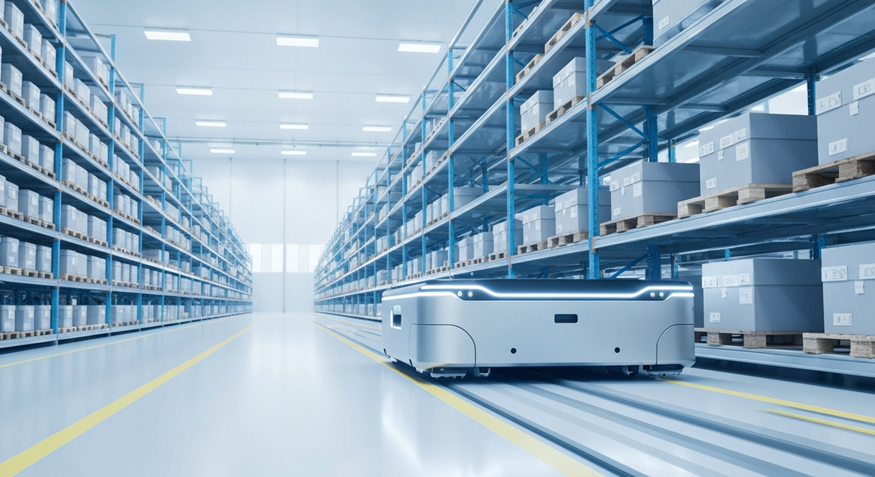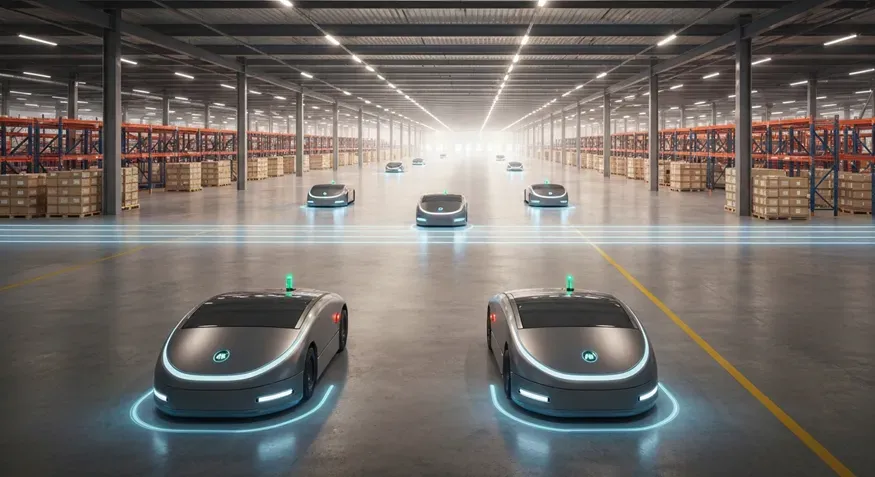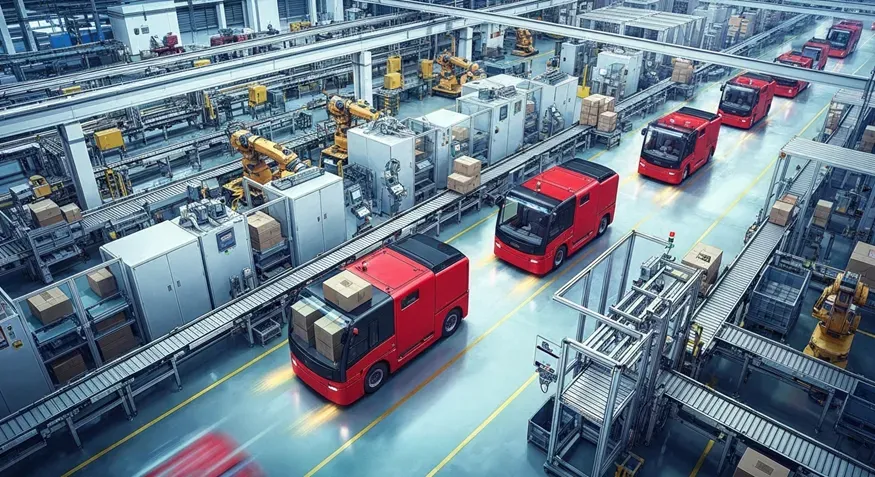What is the Best Automation Software?
Key Considerations for Choosing the Best SCADA Company
Consider the range of services offered by the SCADA company. Do they provide comprehensive solutions that meet your specific needs? Assess their ability to handle system integration, software development, and ongoing technical support.
It's important to assess the scalability and flexibility of the SCADA solutions offered by the company. Will their systems be able to accommodate your future growth and evolving requirements?
Evaluate the security measures implemented by the SCADA company. Data security is critical in industrial environments, so ensure that the company follows industry best practices and provides robust security features to protect your sensitive information.
Consider the cost-effectiveness of the solutions provided. Request detailed pricing information and compare it with the value and quality of the services offered.
Lastly, seek testimonials and references from existing clients to gauge their satisfaction level and overall experience with the SCADA company. This will provide insights into the company's reliability, customer support, and overall performance.
By considering these factors, you can make an informed decision and select the best SCADA company that aligns with your specific requirements and ensures the successful implementation of your SCADA system.
Common Mistakes to Avoid When Choosing a SCADA Company
To ensure the success and efficiency of your industrial processes, it's crucial to choose the right SCADA (Supervisory Control and Data Acquisition) company. However, there are common mistakes that organizations often make when selecting a SCADA company. By being aware of these pitfalls and avoiding them, you can make a more informed decision. Here are the key mistakes to avoid:
Neglecting industry experience: Industry-specific knowledge is essential. Look for a SCADA company with a proven track record in serving businesses similar to yours.
Ignoring scalability: Consider your future needs and growth potential. Ensure that the SCADA system offered by the company can accommodate your evolving requirements and integrate with new technologies.
Underestimating support and maintenance: Ongoing support and regular maintenance are vital for smooth operations. Choose a company that offers reliable technical support, system updates, and has a dedicated maintenance team.
Overlooking security measures: SCADA systems require robust security. Ensure that the company follows industry best practices, including encryption, access control, and regular security audits.
Neglecting integration capabilities: Seamless integration with existing systems is crucial. Evaluate whether the company's SCADA system can effectively integrate with your infrastructure.
Disregarding training and user-friendliness: Adequate training and user-friendly interfaces are often overlooked. Choose a SCADA company that provides comprehensive training programs and intuitive interfaces for easy navigation.
Ignoring future technology trends: Technological advancements are constant. Select a SCADA company that keeps up with emerging trends and invests in research and development to avoid an outdated system.
By avoiding these mistakes, you can select a SCADA company that aligns with your business requirements, supports growth, and ensures efficient and secure operations. Conduct thorough research, seek recommendations, and carefully evaluate your options to make an informed decision for your organization's success.



